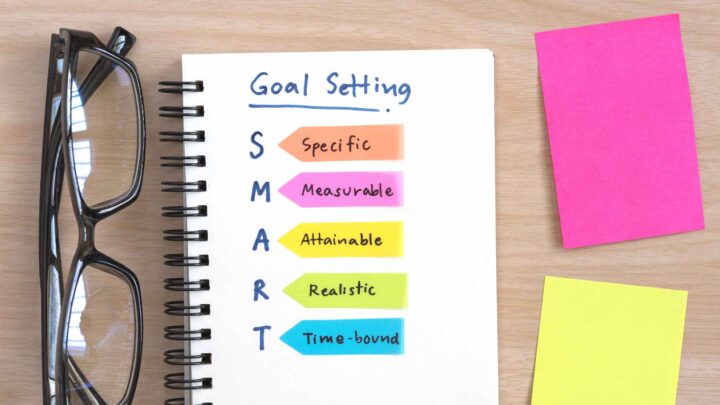Hello Grasshoppa,
Most of us have a financial plan that we use as a guideline for our financial goals. Some can be as detailed as quantifying the actual numbers & some can just be as simple as wanting to live comfortably. Both can be good or bad depending on how one looks at his/her financial goals but when we look into quantifying the goals, it makes it easier for us to achieve them. Most of us want to have as much money as possible in our bank account so we can live the best life possible but do you know how much you actually need in order for you to live your best life?

Usually, when it comes to these situations, some people will plug in numbers such as RM1 million per annum to live a comfortable life. They are not entirely wrong but the next question is, how can you able to earn RM1 million per annum? Can you achieve it by working for people or can you achieve it by doing your own business? Let’s just say that you pick by doing your own business. The next question is, what business can you do in order for you to earn RM1 million per annum? The question goes on & on & on until you are able to answer & find the best solution to your question.
When we look at the SMART financial goals where we go through the 5 steps (I have covered it briefly in 2019) on how can you quantify your financial goals, these 5 SMART financial goals play an important role in order for you to quantify so you can achieve it based on the numbers & the timeline you set. Please refer to the SMART financial goals post to understand the steps before you read further.
Now, once you have understood the SMART financial goal, how can you start to quantify your financial goals based on the SMART financial goal? Realistically, you know how much you need in order for you to live comfortably each month or year. If you don’t, start by counting your monthly expenses as the base of your expenses. From there, you may add on expenses that you want to have in the future such as an RM700,000 house, a RM100,000 car, or a baby expenses worth RM3,000 a month. Try to be as detailed (Specific) as possible by adding in foreseeable expenses into it such as electricity, housing maintenance, water bills & other expenses (for the house). If you are looking at future expenses such as car or baby expenses, be as detailed as possible (Measurable). It sounds like lots of work but it actually helps you to plan way better for your expenses & financial goals.

Once you have the numbers on hand, what can you do is plan on how much you need extra to cover the financial gap that you just calculated (Achievable) & how long you think you need in order for you to cover the gap (Timeline). When you are able to come out with the figures along with the timeline, do you think you can do it (Realistic)? Is your financial goal a SMART financial goal?
Just to share an example of how to be more specific in your calculation. To own a bungalow with a pool in Penang, I have to buy a house worth RM4 million. The estimated monthly repayment per month is RM20,000 for the loan. Maintenance for the house including electricity, water, pool & other expenses may cost RM5,000. Assume my current monthly overall expenses & savings are RM4,000 a month & my current salary is RM5,000, how much do I need extra in order for me to afford an RM4 million house plus other housing expenses? Let’s assume that you plan to earn RM30,000 a month in order for you to afford the RM4 million dream house, how can you achieve that in the future? Continue to work for your current company or do you plan to start your own business? First, can your current company increase your salary to RM30,000 in the next few years? Second, what business can you do to earn RM30,000 per month for the next few years? This should be how specific you need to plan your financial goal in order for you to achieve it. It applies to also your retirement goal where you need to be as specific as possible in order for you to achieve it.

There is no such thing as impossible to achieve as long as we work hard & smart towards it but the SMART financial goal sets realistic & specific goals in order for us to achieve it. It makes you think about how can you do it & it guides you on how can you do it by following those steps. If it is unrealistic for now, you can keep that goal aside & explore it later in the future.

OSS!



